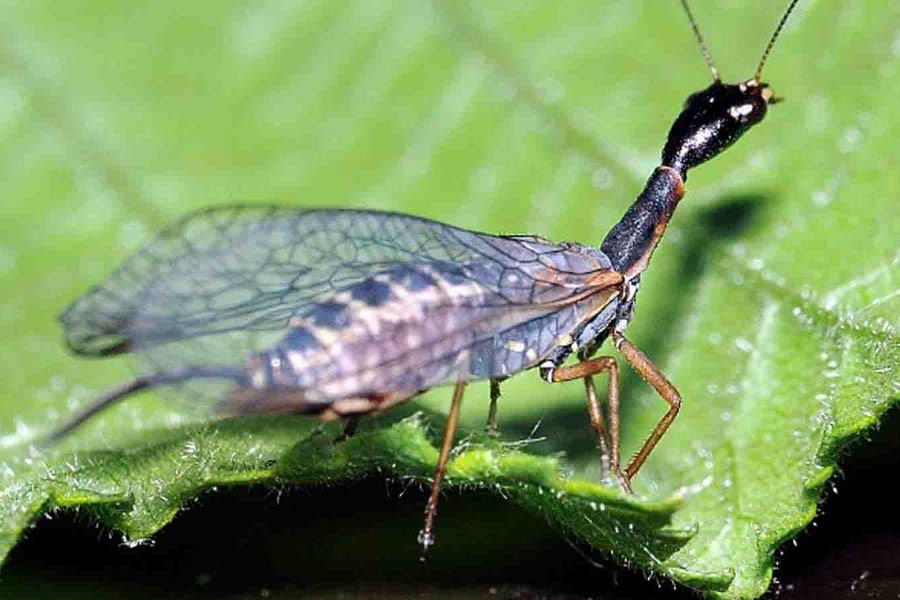In the greater interest of maintaining biodiversity and ecological balance, concerted intensive measures and approaches need to be adopted to protect and conserve beneficial insects surviving in the environment. While getting rid of destructive pests from farms and garden, farmers often destroy various species of beneficial insects due to lack of adequate knowledge in this regard. Time has come to enlist beneficial insects as a part of natural pest control.
To attract 10 top beneficial insects to the farming fields and gardens in order to minimise damage from aphids, caterpillars, flea beetles and other pests, adequate emphasis should be given to encourage farmers to grow the right crops and flowers in the farms and gardens. All insects are not harmful for the crops and flowers. But chemical pesticides or insecticides used for protecting the crops are more or less harmful for both human health and all kinds of insects. However, destructive insects can easily be controlled through eco-friendly method of using organic fertiliser and indigenous insecticides instead of chemical ones.
One of the safest ways to control harmful pests in crop fields and flower gardens is to encourage the growth of their natural enemies. Planting pollen and nectar plants and providing protection for these beneficial crops, insects are basic tenets of organic farming and gardening and a way to further increase the ecological diversity of the yards. At various times, agricultural experts have listed the most common beneficial insects along with tips about how to lure them to crop fields and gardens.
The familiar round, orange spotted ladybug is just one of more than 400 species of lady beetles found in the country. Most ladybug adults and larvae feed on aphids and other soft-bodied insects. Adults are attracted to flower nectar and pollen, which they must eat before they can reproduce.
Importance should be given on conservation of eco-friendly insects along with stressing on successful promotion of biological pest management system in the agro-fields. So, it is necessary to devise ways and means of controlling harmful pests in hygienic ways instead of direct poisoning.
Insects are the most valued organisms in the process of conservation due to the ecological roles played by them. It has been stated that without insects, terrestrial and freshwater ecosystems would not work. The farmers and gardeners should be imparted with practical training about how to identify whether the insects are beneficial or not. Priority should be given to some major issues like collection, preservation and identification of ecologically important insect fauna in Bangladesh so that significant development in agriculture, forestry, human health, livestock, wildlife and environment can be ensured. Some experts have pointed out that the insect conservation scenario in Bangladesh is quite frustrating.
Modern and eco-friendly dissemination policies should be developed so that rural people can be sufficiently inspired to conserve one of the most important groups of natural resources in the country.
Experts are of the opinion that to protect beneficial insects for the sake of maintaining a sound environment, a bio-pest management system should be promoted and developed among the growers. This is very important, indeed, for a sound ecosystem.
Sarwar Md. Saifullah Khaled is a retired Professor of Economics, BCS General Education Cadre.


